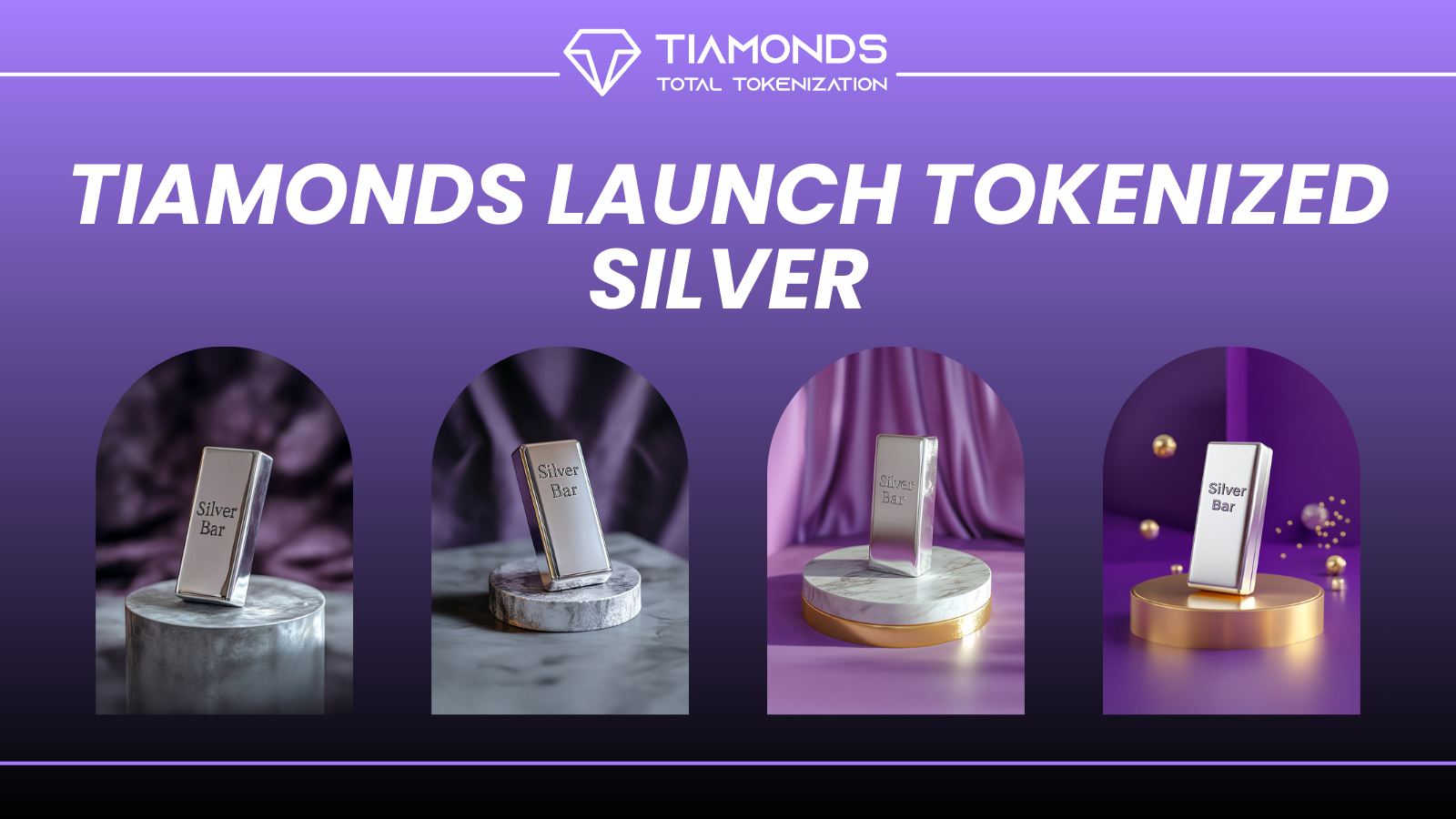Asset tokenization is rapidly emerging as a transformative force in the financial landscape especially in sectors like real estate and commodities such as gold and diamonds. You can convert physical assets into digital tokens on a blockchain to enhance liquidity and accessibility in investment markets.
This blog explores the trends shaping the future of asset tokenization, its potential to transform traditional markets, and predictions for the next decade.
Table of Contents:
ToggleTrends Shaping the Future of Tokenized Assets
Generally, you can expect trends like increased institutional adoption, fractional ownership, clearer regulations, and global accessibility, enhancing investment opportunities.
However, in the next decade, tokenization will play a key role in promoting eco-friendly investments. More consumer goods, such as luxury items and electronics, will be tokenized, broadening investment opportunities.
1. Increased Institutional Adoption
You can expect to witness significant institutional adoption of asset tokenization. Major corporations, banks, and financial institutions are recognizing the benefits of tokenization, such as faster trading processes and reduced reliance on intermediaries. This shift will create more efficient markets.
It allows institutions to develop innovative financial products and reach new investor demographics. With clearer regulatory frameworks emerging, confidence in tokenized assets is likely to grow. It facilitates broader participation from both institutional and retail investors.
2. Expansion of Tokenized Commodities
Tokenization is revolutionizing the commodities market, particularly for precious metals like gold and valuable assets like diamonds. You can create digital tokens that represent ownership of these commodities. You can trade them more easily and access global markets without geographical constraints.
This democratization of investment opportunities allows smaller investors to participate in markets that were previously inaccessible due to high costs or logistical challenges.
3. Technological Advancements
The advancement of blockchain technology and smart contracts will play a crucial role in the growth of asset tokenization. These technologies enhance security, speed up transactions, and reduce operational complexities associated with traditional asset management. As blockchain becomes more integrated into financial systems, it will facilitate seamless trading experiences for investors.
4. Regulatory Clarity
As governments around the world begin to establish clearer regulations surrounding asset tokenization, market participants will gain greater confidence in engaging with these digital assets. Regulatory clarity will help mitigate risks associated with compliance and legal uncertainties.
As a result, it will attract a broader range of investors.
5. Empowering Entrepreneurs Through Tokenized Financing
Tokenization is revolutionizing entrepreneurs’ access to loans and credit. It streamlines the borrowing process and enhances liquidity. In this approach, entrepreneurs leverage collateral, simplifying decentralized loan approvals.
This approach can lead to better loan terms. It reduces reliance on traditional intermediaries. Moreover, the fractional ownership approach of tokenization allows diverse funding sources and broader investor participation. As a result, it supports faster capital raising for entrepreneurial ventures.
How Tokenization Will Transform Traditional Markets?
Tokenization is set to revolutionize traditional markets with enhanced liquidity and transparency. It democratizes access to high-value assets that encourage more investors to participate in markets. It promotes a more active and efficient financial ecosystem and ultimately reshapes investment landscapes across various asset classes.
Enhanced Liquidity
Traditional investments often suffer from illiquidity due to lengthy sales processes and high transaction costs. Tokenization allows for fractional ownership of assets. It allows easier buying and selling akin to stock trading. This increased liquidity can lead to higher market activity and potentially elevate asset values.
Global Access
Tokenized assets can be traded on global platforms, breaking down geographical barriers that have historically limited investor participation. It opens up new markets for investors worldwide, which helps to diversify investment portfolios. As a result, you can expect better market returns by spreading risk across a broader base.
Lower Costs
You can reduce the need for intermediaries through smart contracts and blockchain technology. This cost efficiency makes investing in previously inaccessible assets more feasible for a wider audience.
Innovative Investment Structures
Moreover, tokenization enables the creation of dynamic ownership models tailored to diverse investor needs. It provides more capital flows into real estate and commodity markets. You get customized investment solutions that cater to varying risk appetites.
Predictions for the Next Decade
In the next decade, we are expecting substantial growth in the asset tokenization market:
Market Growth Projections
The market for tokenized assets is projected to reach at least USD 10 trillion by 2030.
It reflects widespread acceptance of this innovative investment approach.
In particular, real estate tokenization is anticipated to grow at a compound annual growth rate (CAGR) of 21%, expanding from $3.5 billion in 2024 to $19.4 billion by 2033.
Broader Adoption Across Asset Classes
While real estate leads the charge in tokenization adoption, other asset classes such as commodities (gold and diamonds) are also expected to see significant growth. This trend will likely attract institutional investors seeking new avenues for portfolio diversification.
Technological Integration with Traditional Finance
As tokenized assets become more mainstream, we may witness hybrid models where traditional finance practices coexist with tokenized transactions. This integration could enhance overall market efficiency while providing investors with more options.
Increased Focus on Sustainability
The rise of environmentally conscious investing may lead to greater interest in tokenized renewable energy projects and sustainable commodities. Tokenization also offers investments in these areas by making them more accessible to a broader range of investors.
Conclusion
The future of asset tokenization holds immense promise for transforming how we invest in real estate and commodities like gold and diamonds. With advancements in technology, regulatory clarity, and increased institutional adoption on the horizon, Tiamonds is likely on the cusp of a new era in finance where digital tokens redefine ownership and investment opportunities across various asset classes. As these trends continue to evolve over the next decade, stakeholders must remain agile and proactive in adapting to this rapidly changing landscape.




